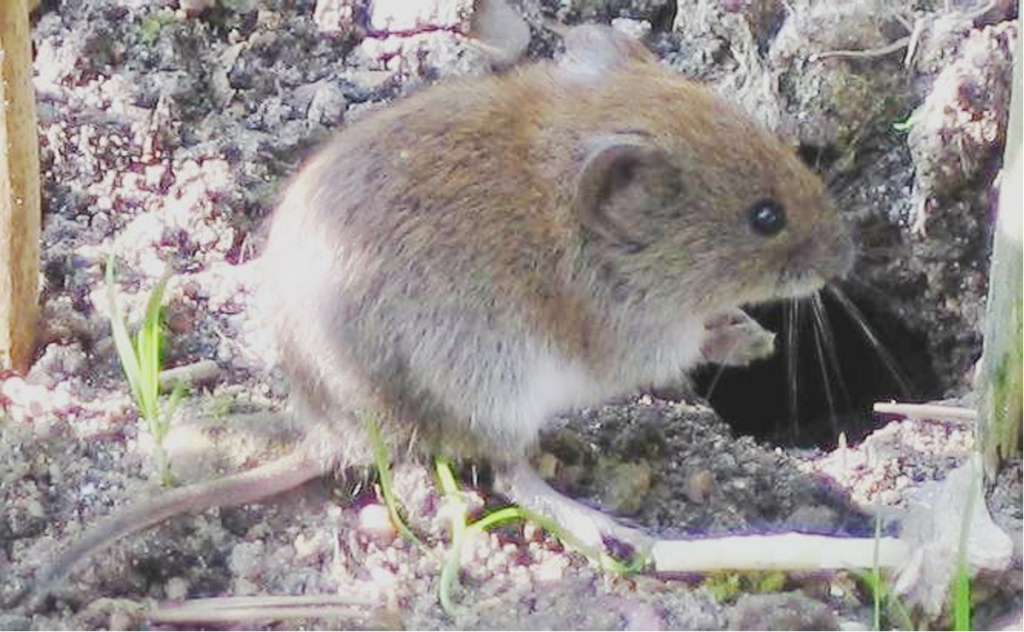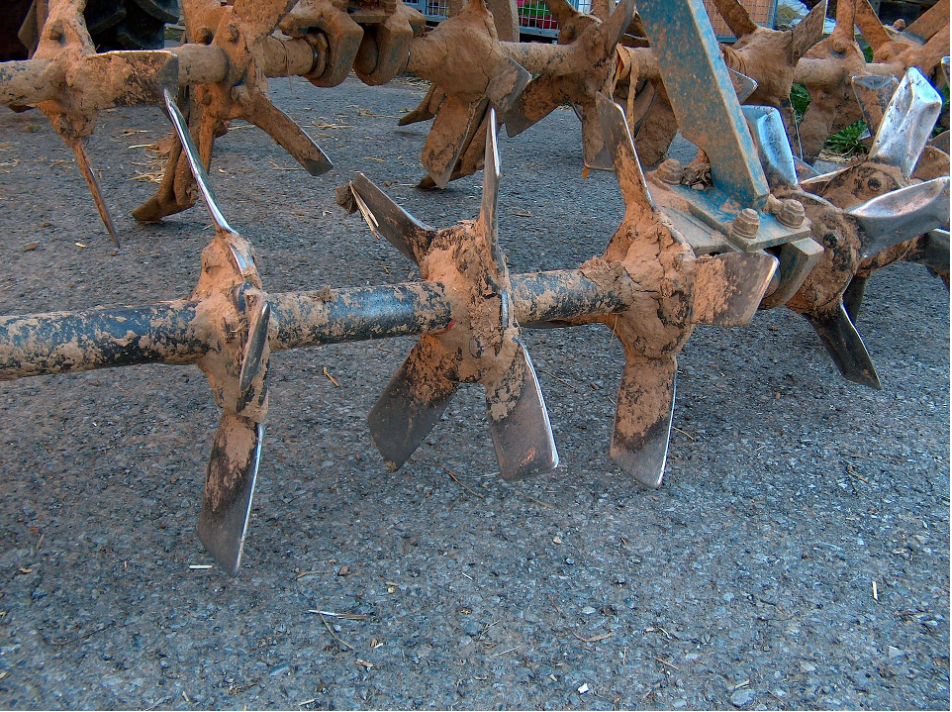Lambertine
(Poet's title: Lambertine)
Set by Schubert:
D 301
[October 12, 1815]
O Liebe, die mein Herz erfüllet,
Wie wonnevoll ist deine Seligkeit,
Doch ach wie grausam peinigend durchwühlet
Mich Hoffnungslosigkeit.
Er liebt mich nicht, er liebt mich nicht, verloren
Ist ohne ihn des Lebens süße Lust.
Ich bin zu bittern Leiden nur geboren,
Nur Schmerz drückt meine Brust.
Doch nein, bei Gott, ich will nicht ferner klagen,
Zu sehen ihn, gönnt mir das Schicksal noch,
Darf ich ihm auch nicht meine Liebe sagen,
G’nügt mir sein Anblick doch.
Sein Bild ist Trost in meinem stillen Kummer,
Hier hab ich’s mir zur Wonne aufgestellt,
Dies soll mich laben, bis dass ew’ger Schlummer
Mein mattes Herz befällt.
Oh love, which is filling my heart,
How delightful your bliss is,
But oh how cruelly and tormentingly I am undermined
By hopelessness.
He does not love me, he does not love me, lost –
The sweet pleasure of life is lost without him.
I was only born for bitter suffering,
Only pain presses on my breast.
But no, I shall lament to God no longer,
Fate has given me another chance to see him;
Although I am not allowed to declare my love to him
Just the sight of him will be enough for me.
His image is a consolation in my quiet distress,
I have established it here to give me pleasure;
This will comfort me until eternal sleep
Overcomes my faint heart.
All translations into English that appear on this website, unless otherwise stated, are by Malcolm Wren. You are free to use them on condition that you acknowledge Malcolm Wren as the translator and schubertsong.uk as the source. Unless otherwise stated, the comments and essays that appear after the texts and translations are by Malcolm Wren and are © Copyright.
☙
Themes and images in this text:
Bitterness Chest / breast Cutting and wounding Digging Emptiness and fullness Eternity Gazes, glimpses and glances Hearts Laments, elegies and mourning Lost and found Noise and silence Pictures and paintings Pressing and pressure Sleep Sweetness Wounds
Humans use a number of metaphorical domains in order to speak about the otherwise ineffable experience of emotion. We sometimes see ourselves as vessels (we are ‘full of joy’ or ‘drained of energy’; we might be ‘bursting with excitement’ or feeling ‘deflated‘). We often use the language of physical wounds to refer to inner torments (people make ‘cutting’ remarks or we are left with mental ‘scars’ after traumatic experiences). There are even times when we see ourselves as plants (we have ‘deep-rooted’ anxieties or we are lucky enough to ‘blossom’ in some conditions). There is an element of each of these ‘metaphors we live by’ (Lakoff and Johnson, 1980) in the first stanza of ‘Lambertine’.
Lambertine’s heart is ‘full’ of love, but it is unrequited, so the heightened joy she feels makes the despair all the more painful. ‘[W]ie grausam peinigend durchwühlet / Mich Hoffnungslosigkeit’, she says: ‘how cruelly and tormentingly hopelessness burrows through me’. The verb ‘durchwühlen’ is related to the noun ‘Wühlmaus’, a vole, so it is translated here as ‘burrow’, but it also suggests ‘undermining’ (as in ‘undermining confidence’) since there is an element of ‘digging’ in the activity. However, to catch the strength of ‘durch’ (through) in ‘durchwühlen’ it might be better to think of her being ‘cut through’ as if a spade has cut through the roots holding her in the soil. Or perhaps she is the earth itself, and she is being ploughed up; this is a ‘harrowing’ experience.

https://commons.wikimedia.org/wiki/File:Bank_vole.jpg

Photo: Markus Hagenlocher
https://commons.wikimedia.org/w/index.php?curid=2633264
In stanza 2 Lambertine is no longer thinking of the positive feelings that she initially stated were ‘filling’ her heart. Her breast is now seen not as a receptacle, but as an object that is being crushed. Pain (albeit emotional rather than physical) is ‘pressing’ down on her and constricting her.
This is the lowest point. Half way through the text she makes the decision to accept the situation. She will focus on what is possible and positive; she will enjoy looking at him but she will accept that she has to remain silent (and possibly totally unkown to him). She is no longer ‘cut up’ with hopelessness since she has determined that she will now hope: her weak heart (still full of love if not full of love’s bliss) will simply stop beating. This is not how she puts it, though, since she interprets her experience primarily through metaphor. She will fall into an eternal sleep (having cuddled up with the image of her beloved, her comforter).
☙
Original Spelling Lambertine O Liebe, die mein Herz erfüllet, Wie wonnevoll ist deine Seligkeit, Doch ach, wie grausam peinigend durchwühlet Mich Hoffnungslosigkeit. Er liebt mich nicht, er liebt mich nicht, verloren Ist ohne ihn des Lebens süße Lust, Ich bin zu bittern Leiden nur geboren, Nur Schmerz drückt meine Brust. Doch nein, bey Gott ich will nicht ferner klagen, Zu sehen ihn, gönnt mir das Schicksal noch, Darf ich ihm auch nicht meine Liebe sagen, Gnügt mir sein Anblick doch. Sein Bild ist Trost in meinem stillen Kummer, Hier hab' ich's mir zur Wonne aufgestellt, Dieß soll mich laben, bis daß ew'ger Schlummer Mein mattes Herz befällt.
Confirmed by Peter Rastl with Schubert’s source, Udo der Stählerne oder die Ruinen von Drudenstein, eine Niedersächsische Volkssage vom Verfaßer Wallrabs von Schreckenhorn. 1799. Wien, bey Christ. Peter Rehm, page 214.
Note: Joseph Alois Gleich was a prolific Viennese playwright who also published a number of horror stories (such as Wallrab von Schreckenhorn). The poem is the song of Lambertine, in the final chapter of Udo der Stählerne. It was previously misattributed to Josef Ludwig Stoll.
To see an early edition of the text, go to page 214 [224 von 236] here: http://digital.onb.ac.at/OnbViewer/viewer.faces?doc=ABO_%2BZ160512501

